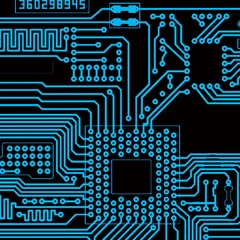Abysmal thermals from 212 Evo?
-
Topics
-
0
-
Redsin ·
Posted in Graphics Cards2 -
BTSHalfLifeAndGmodFan2003 ·
Posted in Graphics Cards12 -
1
-
1
-
1
-
2
-
2
-
0
-
3
-
-
play_circle_filled

Latest From ShortCircuit:
The World's Fastest CPU (Technically...) - Intel i9-14900KS



















Create an account or sign in to comment
You need to be a member in order to leave a comment
Create an account
Sign up for a new account in our community. It's easy!
Register a new accountSign in
Already have an account? Sign in here.
Sign In Now